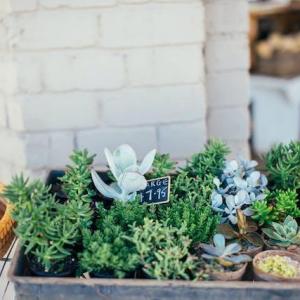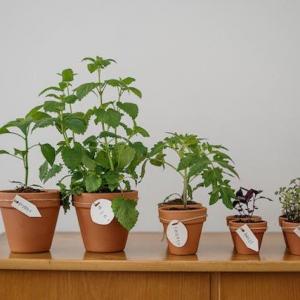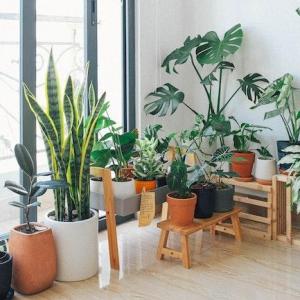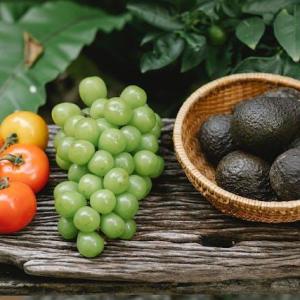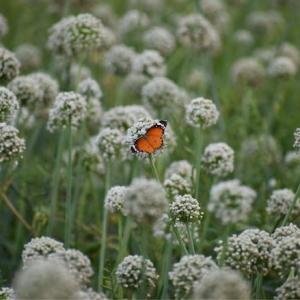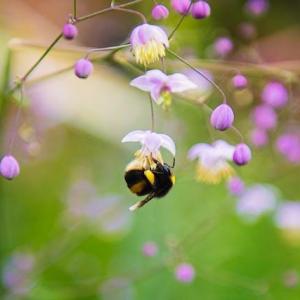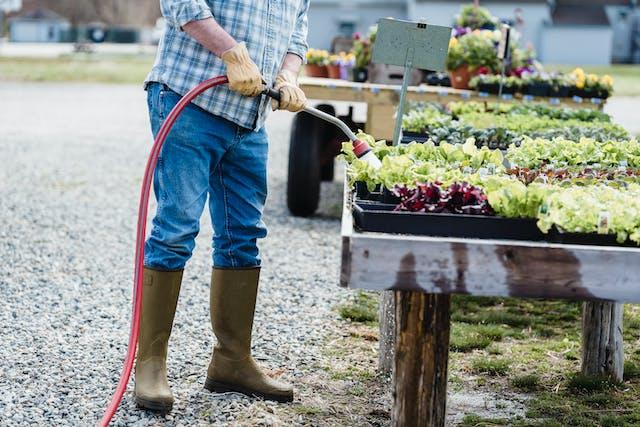
Introduction
Creating a sustainable garden is not only beneficial for the environment but also for your wallet. By implementing water conservation techniques and eco-friendly practices, you can minimize water waste, reduce your carbon footprint, and promote biodiversity. In this article, we will provide tips and suggestions to help you create a sustainable garden that nurtures the planet and supports a healthier ecosystem.
1. Water Conservation
- Collect rainwater: Install a rain barrel or cistern to collect rainwater from your roof. Use this water for watering your plants instead of relying solely on tap water. Rainwater is free from chemicals and provides natural nourishment for your garden.- Drip irrigation: Install a drip irrigation system that delivers water directly to the roots of your plants. This method reduces water loss through evaporation and ensures efficient water usage. Drip irrigation also helps prevent weed growth by targeting water to specific areas.
- Watering schedule: Water your garden during the early morning or late evening when evaporation rates are lower. Avoid watering during the hottest part of the day to minimize water loss and stress on your plants.
2. Eco-Friendly Practices
- Composting: Start a compost pile or bin to recycle kitchen scraps, yard waste, and fallen leaves. Compost enriches the soil with nutrients, reduces the need for chemical fertilizers, and promotes healthy plant growth. Use compost as a natural and sustainable alternative to synthetic fertilizers.- Organic pest control: Embrace natural pest control methods to protect your garden from pests without harmful chemicals. Use companion planting, beneficial insects, or homemade remedies like neem oil or garlic spray to deter pests and maintain a balanced ecosystem.
- Native plants: Incorporate native plants into your garden design. Native plants have adapted to the local climate, require less water, and provide food and habitat for native wildlife. They also support pollinators, contribute to biodiversity, and are generally low-maintenance.
- Avoid synthetic chemicals: Minimize the use of synthetic herbicides, pesticides, and fertilizers. These chemicals can harm beneficial insects, contaminate water sources, and disrupt the natural balance of your garden. Opt for organic and natural alternatives whenever possible.
3. Biodiversity and Habitat Creation
- Plant diversity: Create a garden with a variety of plant species, including flowers, shrubs, trees, and grasses. This diversity attracts a wide range of wildlife, including birds, butterflies, bees, and beneficial insects. Different plants provide food, shelter, and nesting sites for various species.- Wildlife-friendly features: Incorporate bird feeders, birdhouses, and water features like birdbaths or small ponds to attract and support wildlife. Create small habitats like log piles or rock piles to provide shelter for insects and other small creatures.
- Avoid excessive pruning: Limit excessive pruning and tidying up in your garden. Allow some areas to grow naturally, providing cover and food sources for wildlife. Fallen leaves and plant debris also contribute to the natural nutrient cycle and support soil health.
Conclusion
Creating a sustainable garden is not only about conserving water and implementing eco-friendly practices; it's about fostering a harmonious relationship with nature. By incorporating water conservation techniques, embracing eco-friendly practices, and promoting biodiversity and habitat creation, you can create a garden that nurtures the planet and supports a healthier ecosystem. Enjoy the beauty of your sustainable garden while knowing you are making a positive impact on the environment. Happy gardening!
Article
Be the first comment
Elite Article




